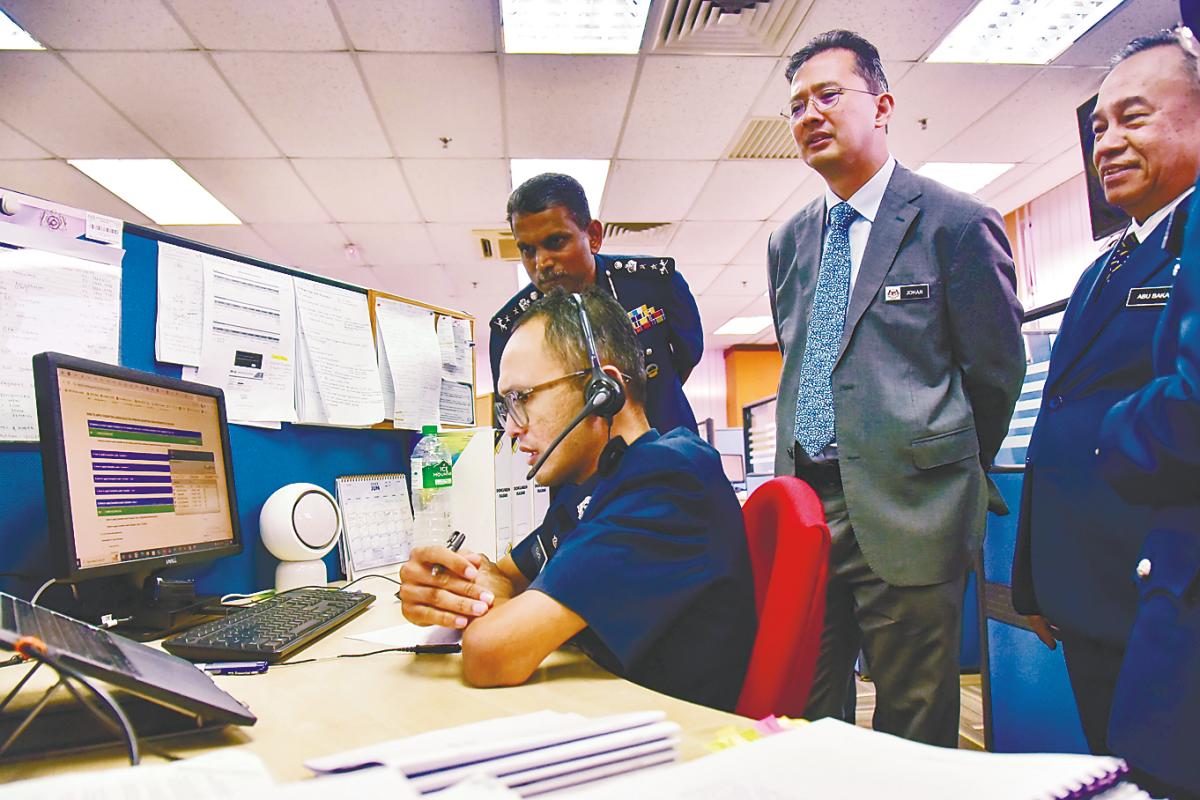KUALA LUMPUR: The government’s fiscal reform initiatives, including expanding the scope of the Sales and Services Tax (SST) and rationalising electricity and diesel subsidies, are aimed at ensuring fiscal sustainability while protecting lower-income groups and essential sectors.
Treasury secretary-general Datuk Johan Mahmood Merican said one of the key fiscal reform elements is the Fiscal Responsibility Act, which aims to reduce the government’s fiscal deficit to 3.8% of gross domestic product (GDP) in 2025 and to 3% by 2028.
He said that what has gained attention in recent weeks is SST, and the idea is to approach it in a more targeted manner, which Prime Minister Datuk Seri Anwar Ibrahim said reflects the spirit of social protection.
“How do we then try to approach it more progressively? It is the government that needs to provide additional funding.
“We need to increase our tax base as our tax-to-GDP (ratio) is about 12.5%, which is amongst the lowest in this region,” he said during a session titled “Social Safety Nets: Securing the Future” at the Sasana Symposium 2025 hosted by Bank Negara Malaysia yesterday.
Johan said there is room to increase the tax base for the sustainability of expenditure, as well as growing demands for social protection and basic infrastructure. Thus, there is a need to increase the tax base in a progressive manner, where the government must ensure that basic daily goods are not subject to higher SST.
He also noted that from an equity standpoint, it appears highly counterintuitive to allocate the same amount of assistance to both low-income and high-income individuals.
As such, the government typically adopts a more targeted approach as part of its broader reform agenda to ensure that aid reaches those who need it most.
He noted that the government allocated RM10 billion for Sumbangan Tunai Rahmah in 2024, and this year the allocation has increased to RM13 billion, which includes another aid assistance programme called Sumbangan Asas Rahmah.
Meanwhile, he stated that while a progressive wealth tax is intellectually appealing and aligned with Islamic principles such as zakat, it presents major challenges in terms of administration, enforcement and data availability.
He explained that income and consumption taxes are easier to manage due to the regular and traceable transactions, whereas wealth is harder to assess and value.
At a separate event, Johan said SST collection is expected to increase by RM5 billion in 2025 and by RM10 billion in 2026 following the review and expansion of the tax’s scope, which will be implemented starting July 1.
He said the additional amount is due to the SST review aimed at broadening the national revenue base.
“The government has taken a progressive approach by expanding the tax base, with the tax burden being skewed towards those who can afford it. This means that when determining the scope and those who are subject to the service tax, as well as the sales tax approach, efforts have been made to ensure it is implemented in a targeted manner,” he told Bernama after a visit to the Royal Malaysian Customs Department in Petaling Jaya.
The scope of the Service Tax will be expanded to include new services such as leasing or rental, construction, financial services, private healthcare, education, and beauty services. – Bernama









